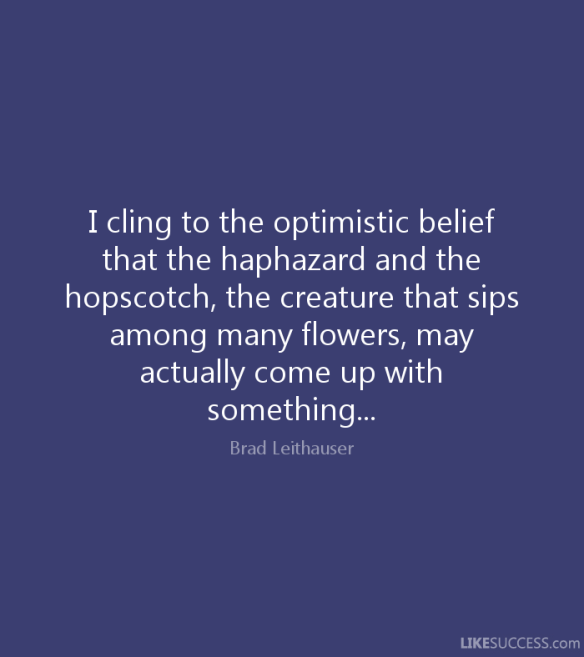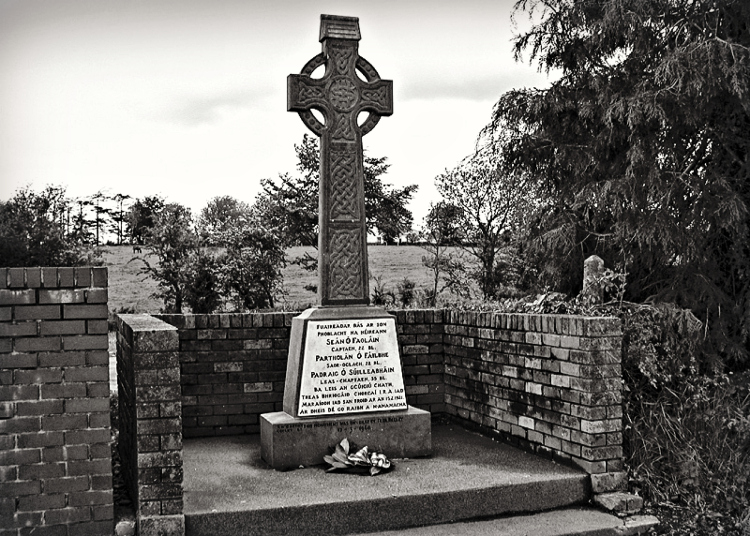
“For I received from the Lord what I also handed on to you, that the Lord Jesus on the night when he was betrayed took a loaf of bread, and when he had given thanks, he broke it and said, “This is my body that is for you. Do this in remembrance of me.” In the same way he took the cup also, after supper, saying, “This cup is the new covenant in my blood. Do this, as often as you drink it, in remembrance of me.” 1 Corinthians 11:23-25 (NRSV)
Therefore such people must learn that it is the highest art to know that our Sacrament does not depend upon our worthiness. For we are not baptized because we are worthy and holy, nor do we go to confession because we are pure and without sin, but the contrary because we are poor miserable men and just because we are unworthy; unless it be someone who desires no grace and absolution nor intends to reform.
But whoever would gladly obtain grace and consolation should impel himself, and allow no one to frighten him away, but say: I, indeed, would like to be worthy, but I come, not upon any worthiness, but upon Thy Word, because Thou hast commanded it, as one who would gladly be Thy disciple, no matter what becomes of my worthiness. But this is difficult; for we always have this obstacle and hindrance to encounter, that we look more upon ourselves than upon the Word and lips of Christ. For nature desires so to act that it can stand and rest firmly on itself, otherwise it refuses to make the approach. Let this suffice concerning the first point.
In the second place, there is besides this command also a promise, as we heard above, which ought most strongly to incite and encourage us. For here stand the kind and precious words: This is My body, given for you. This is My blood, shed for you, for the remission of sins. These words, I have said, are not preached to wood and stone, but to me and you; else He might just as well be silent and not institute a Sacrament. Therefore consider, and put yourself into this YOU, that He may not speak to you in vain. – from the explanation of the Sacrament of the Altar, Martin Luther’s Large Catechism
The Sacrament of the Altar holds both a command– Do this in remembrance of Me – and a promise– This cup is the new covenant in My Blood.
The concept of blood sacrifice seems rather raw and primal in the modern age. We have distanced ourselves as much as we humanly can from the processes of life that are raw, dirty or “icky.” We keep death itself behind closed hospital doors, and the mourning of the dead to a carefully orchestrated display in a funeral home that often involves the deceased, heavily reconstructed and made over, laid out in an open coffin so that he or she looks to be sleeping. In American culture, even in death the subliminal message is to deny the reality and finality of death. (For an interesting aside on American funerary practices, The American Way of Death, written by Jessica Mitford is quite an eye opener.)
The slaughter of animals for our food is kept to industrial warehouses behind closed doors where none but the workers who work the line see the death or the gore or the blood. Even in the somewhat recent past, farming families butchered their own cattle, hogs and chickens, so there was some knowledge that our meat- which is sustenance for our own lives- comes from another living creature who had to die. Today a child would be hard pressed to make the correlation between that tasty plate of chicken nuggets and a live chicken.
So we encounter Jesus’ command and His promise in the Last Supper, especially that creepy sounding business about blood, and we really don’t understand how to process it.
For the life of the flesh is in the blood; and I have given it to you for making atonement for your lives on the altar; for, as life, it is the blood that makes atonement. Leviticus 17:11 (NRSV)
The key to understanding the importance of blood sacrifice for atonement of sins is in the old sacrificial system of the Jews. The blood is the life. So when the Jews made sacrifices of animals to atone for their sins, they were foreshadowing the One Sacrifice that would cover our sin once and for all.
We are commanded to come to the table, to take the Body of Christ into our bodies, and to drink the Blood of Christ that was shed for the forgiveness of our sins. We are commanded not because we are worthy, or because we understand how it works, but precisely because we aren’t worthy and can’t make ourselves worthy. We are able to come to the table to take and eat, and take and drink because Jesus IS worthy, and He IS telling us to.
Share this:- Share





